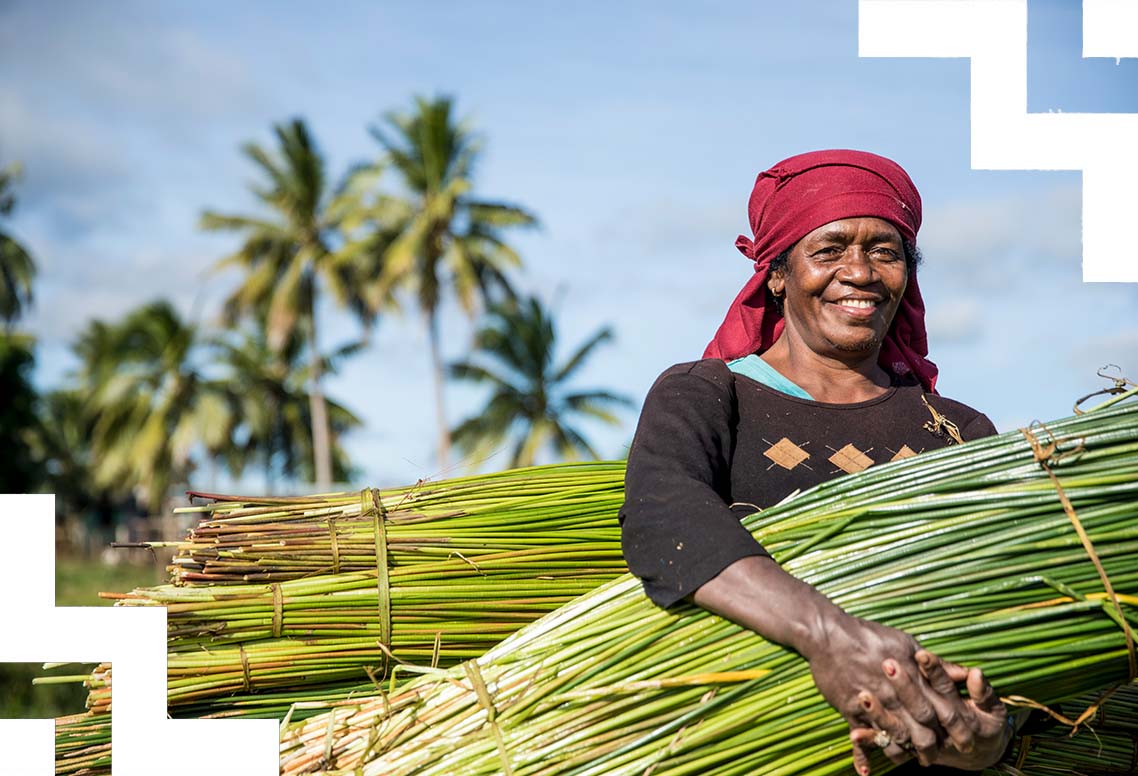
As part of New Zealand’s obligations under the United Nations Framework Convention on Climate Change (UNFCCC) and the Paris Agreement, we provide financial, capacity building and technology transfer support for developing countries to meet their climate change goals. A strong focus for New Zealand is on working collaboratively with Pacific partners to support their resilience to natural hazards and the intensifying impacts of climate change.
Climate finance is part of New Zealand’s official development assistance and is delivered through the International Development Cooperation (IDC) Programme. Decisions about what we fund with our climate finance is guided by New Zealand’s Foreign Policy Reset, the Ministry’s Strategic Framework (link) and IDC Priorities Framework (link) and the following Climate Finance Goals and Outcomes. We focus our support primarily on the Pacific (at least 50%), followed by Southeast Asia. Recognising the importance of building resilience to the impacts of climate change and natural disasters in the Pacific, at least half of our climate finance is also targeted towards climate adaptation.
Climate Finance Goals and Outcomes
Table 1: Goals and outcomes
| Outcome 1 | Outcome 2 | Outcome 3 | |
|---|---|---|---|
| Goal 1. Accelerated climate change mitigation | Developing countries accelerate action on their mitigation priorities, including those in their Nationally Determined Contributions, in a cost effective way. | Developing counties increasingly adopt emissions-reducing technologies and practices in agriculture and land-use, forestry, tourism, energy and land and maritime transport. | Developing countries reduce their reliance on, and subsidies for, domestic or imported fossil fuels. |
| Goal 2. Enhanced resilience and adaptation to the impacts of climate change | Developing countries improve the quality, and/or accelerate the implementation of their National Adaptation Plans or similar plans. | Communities are increasingly climate resilient; and are better able to support their own health and well-being in situ. | Communities are better able to maintain economic, social and cultural values in the face of growing climate and disaster risks, loss and damage. |
| Goal 3. Improved institutional capability and evidence-based decision making | Effective regional institutions and a strong multilateral rules-based order support more ambitious and innovative action on climate change. | Climate resilient decision-making is improved through greater access to, and use of; education, science, indigenous knowledge and techniques, data and information. | Growth in the number and capability of current and future climate change researchers, policy-makers and legislators. |
| 4. Leveraged investment to achieve greater climate impact. | NZ's climate finance crowds in increased private cliamte finance and taps into private sector technologies and expertise. | NZ's climate finance leverages greater investment by like-minded bliateral donors and multilateral organisations. | Developing countries are enable to set up, implement and report on carbon markets or similar mechanisms where this supports them to accelerate mitigation, adaptation and development outcomes. |

